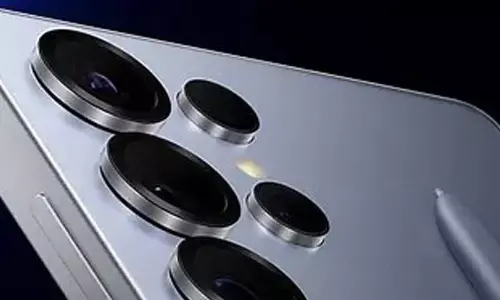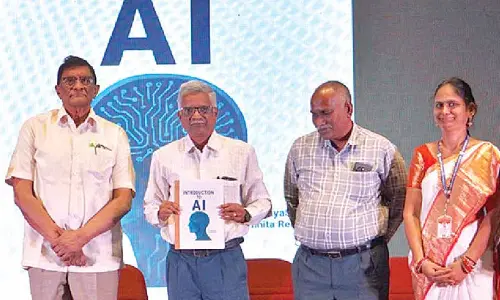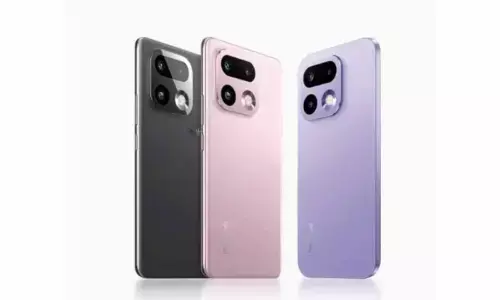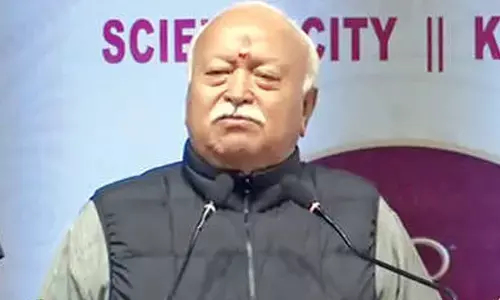IIT Madras' new portable analyser to diagnose skin conditions non-invasively
Share :
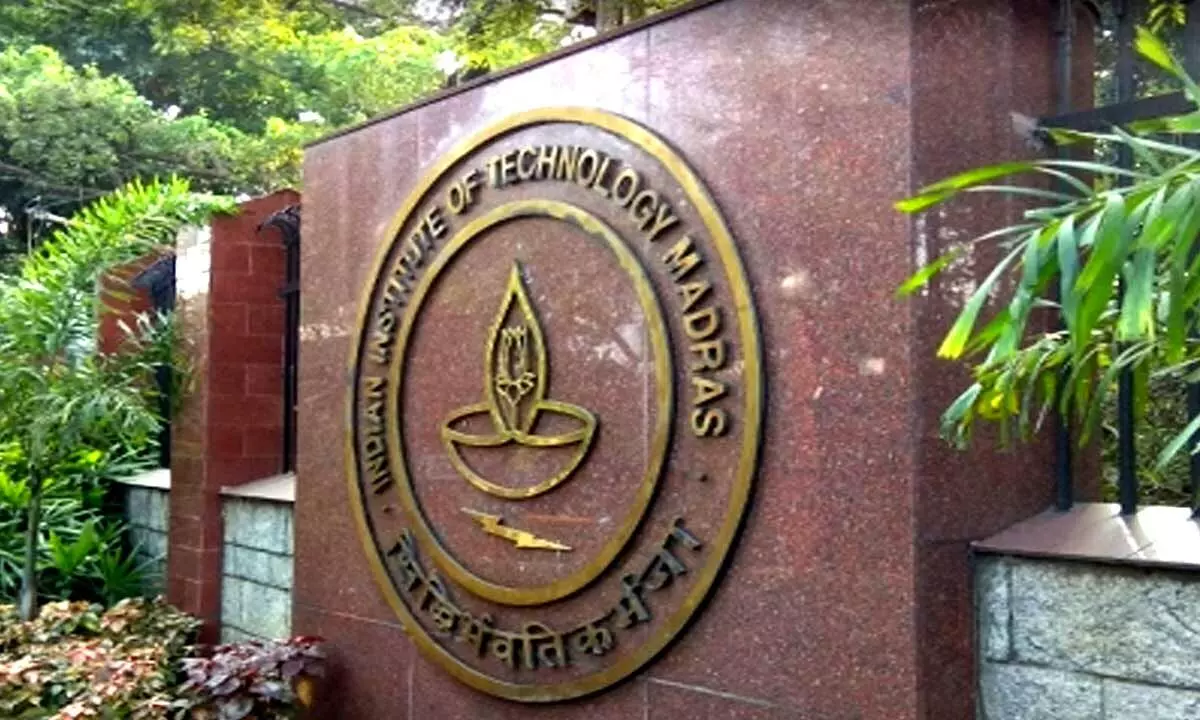
NIRF 2025 Rankings – Top Colleges and Universities in India
Researchers at the Indian Institute of Technology (IIT) Madras have developed a portable device that can be used to assess alterations in skin conditions up to a depth of 2 mm.
Chennai: Researchers at the Indian Institute of Technology (IIT) Madras have developed a portable device that can be used to assess alterations in skin conditions up to a depth of 2 mm.
Diseases such as scleroderma, diabetes, and rheumatoid arthritis have altered microcirculation modulated by skin optical scattering during disease progression and can be picked up by the instrument to differentiate from the controls.
The new device is portable, can make real-time measurement, is non-invasive and can assess multiple pathologies or skin conditions.
This product is the first instrument known to date which can work on multiple pathological conditions to differentiate between control and disease conditions based on an entirely non-invasive environment, said the team in a statement.
Through this device, the team looked at the epidermal and dermal layers of the skin tissue embedded with a microcirculatory bed. Any alterations in microcirculation caused by various disease conditions can be an indicator of the disease progression.
"The developed device is able to look at the overall microcirculatory marker profile in the back scattered light from the skin tissue. The device would further aid the cosmetic industry to test the effectiveness of products meant for skin rejuvenation. The device would also find use in monitoring laser based therapeutic procedures for improving skin health," said Prof. N. Sujatha, Biomedical Engineering, Department of Applied Mechanics, IIT Madras, in the statement.
The device has shown "promising results" in the initial set of trials, the professor said, while calling for more research.
"The device needs to be tested for various skin rejuvenation applications. A real-time version of the device is under development and expected soon.
"The alterations in microcirculation are picked up using the instrument through the optical response of the tissue and further subjected to processing and classification using developed algorithms," Sujatha said.
Understanding tissue pathology and correlation to tissue optical response is the key focus in developing pain-free optical biopsy techniques.
In addition to increasing patient comfort, such practices offer real-time and portable solutions that are easy to use and do not require a skilled technician.
Once optimised, these techniques have the potential to eliminate the risk of sampling errors and excessive bleeding during sample collection compared to their tissue biopsy counterparts, which are the currently-practised gold standards, the researchers said.







